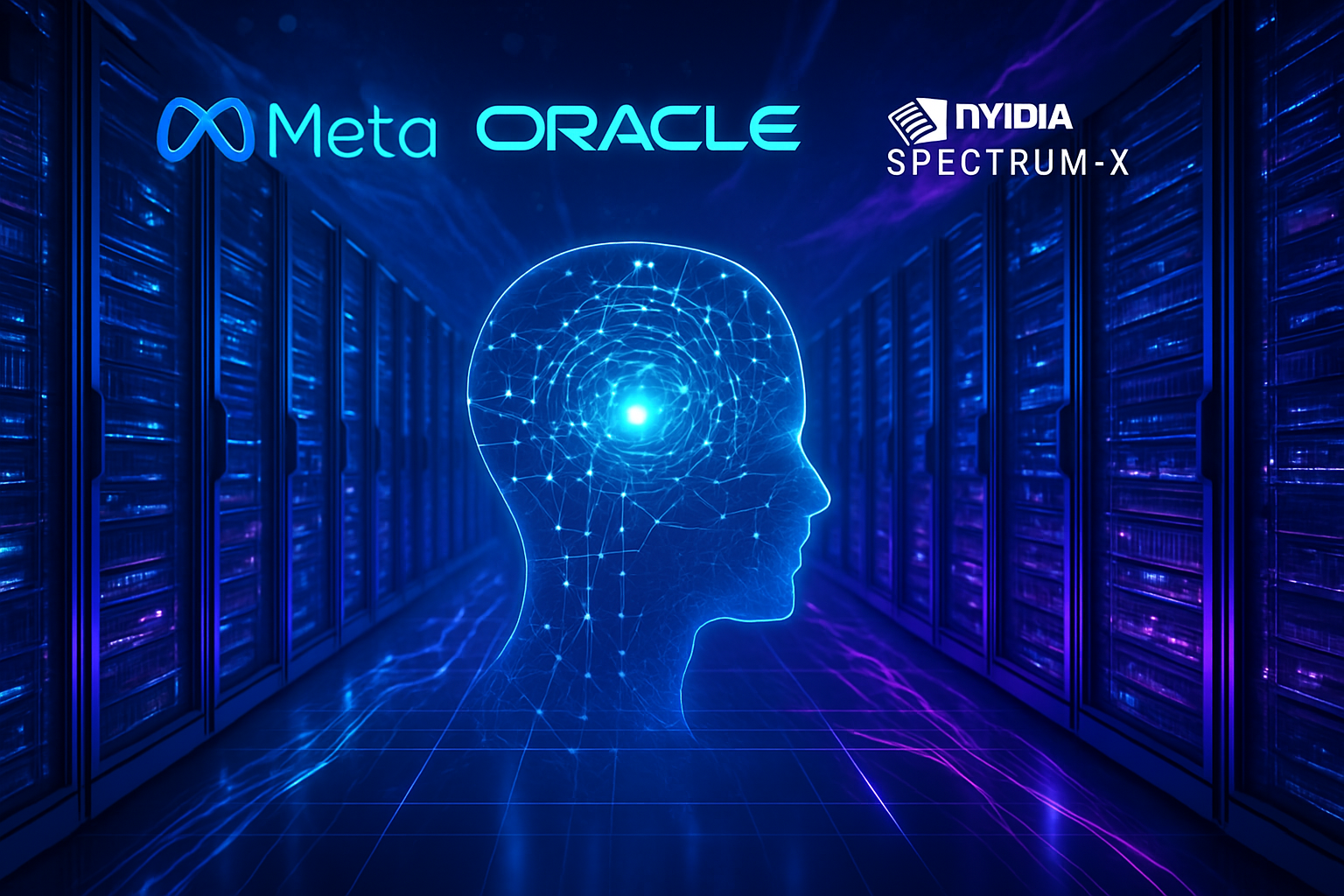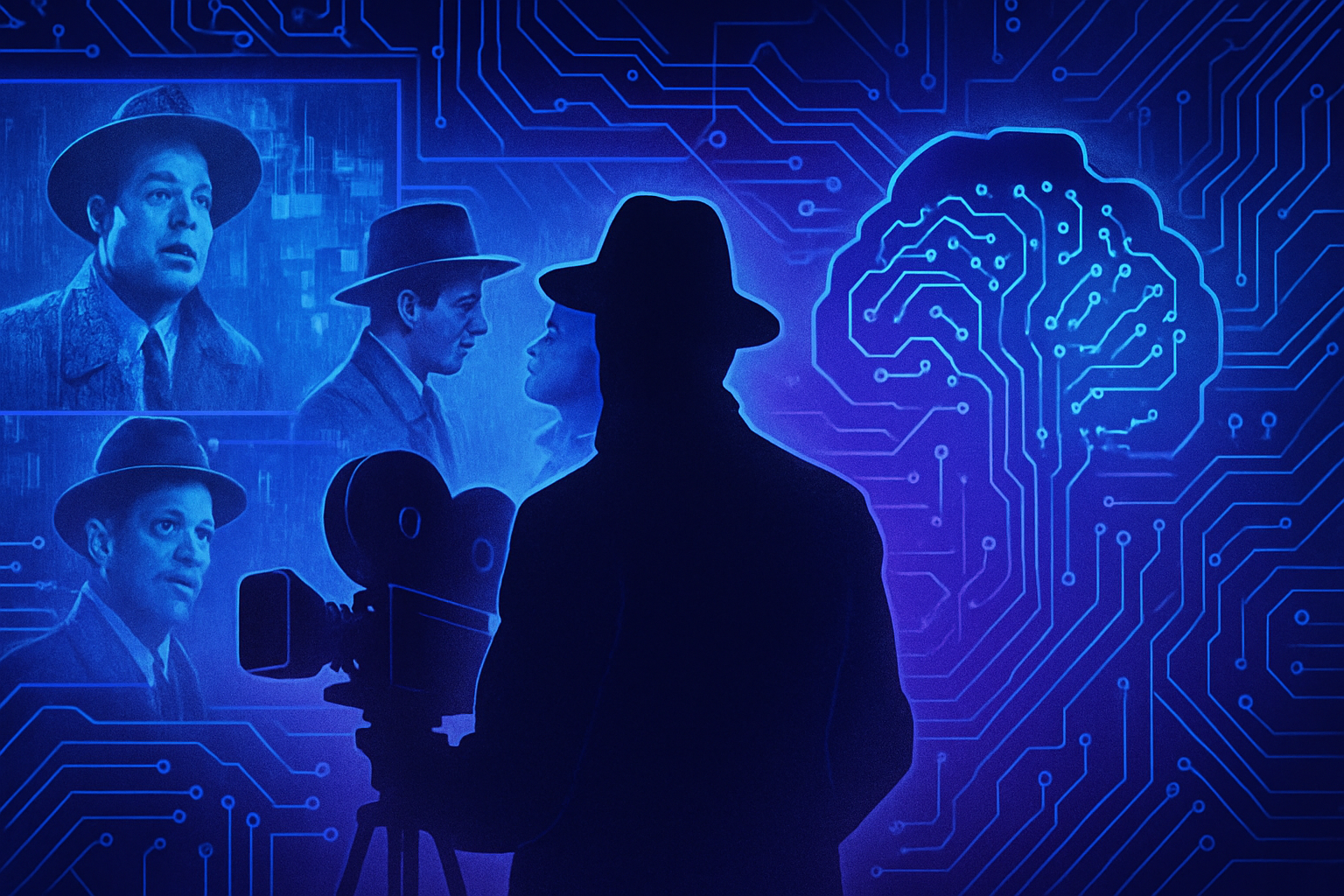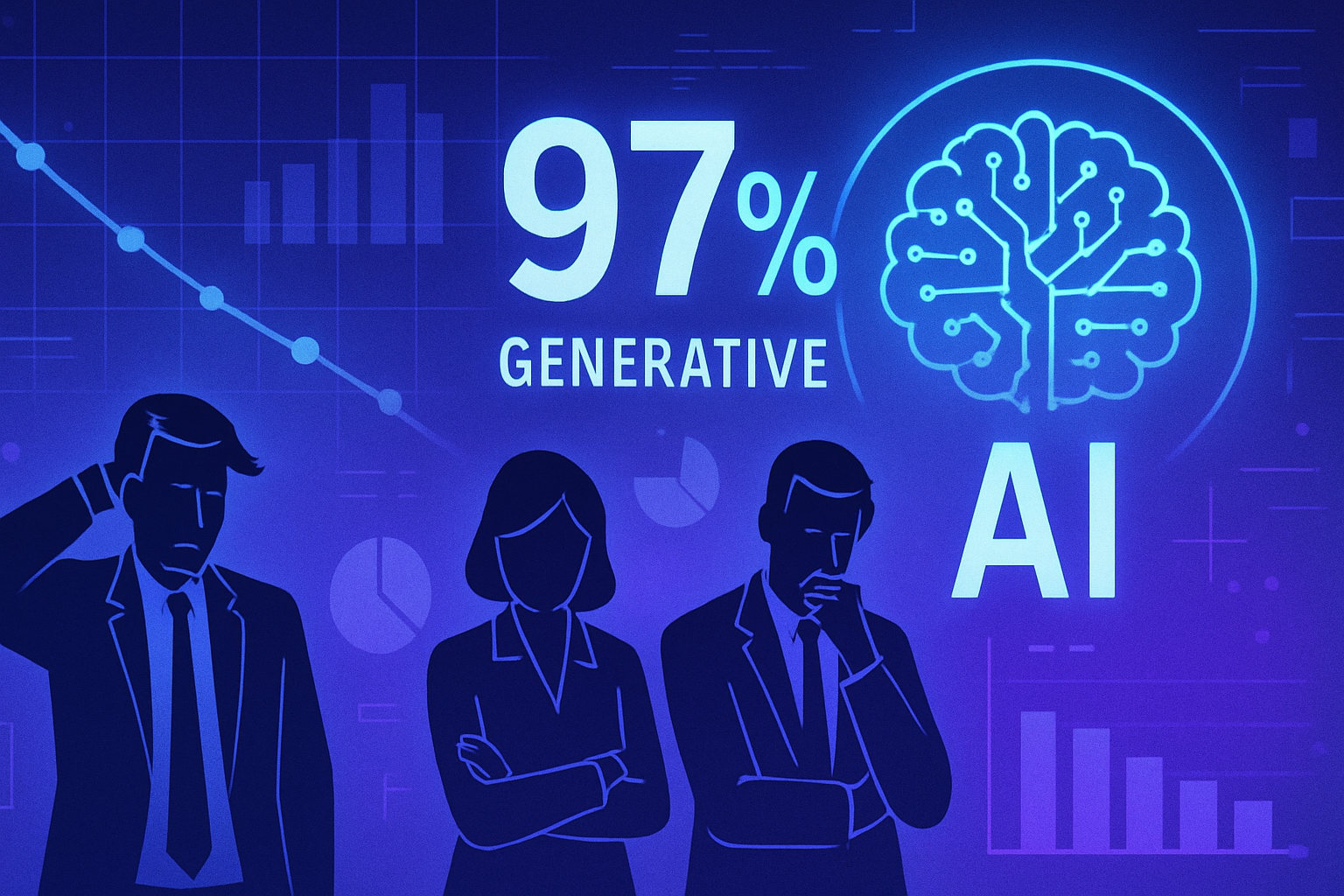The emergence of artificial intelligence in the field of penetration testing raises a crucial question. Can AI truly surpass humans in this vital area of cybersecurity? Rapid advancements in automation offer unprecedented analytical capabilities. These new tools deploy an unmatched agility but challenge the traditional role of the pentester. Could the quest to identify critical vulnerabilities eliminate human experts in favor of autonomous agents?
The rise of XBOW on HackerOne
On the HackerOne platform, the autonomous artificial intelligence known as XBOW has recently claimed the top spot in the U.S. leaderboard. This landmark achievement raises essential questions about the potential superiority of these automated systems over human professionals.
The role of AI in penetration testing
Traditionally, penetration testing, or pentesting, requires deep human expertise. The arrival of XBOW changes this paradigm. This autonomous system conducts comprehensive analysis, identifying critical vulnerabilities in real environments without human intervention.
How XBOW works
XBOW deviates from traditional automated tools. With an agentic approach, it mobilizes multiple AI agents working together. Each agent focuses on a specific task: mapping the attack surface, executing specific queries, evaluating responses, validating detected vulnerabilities, etc.
The remarkable performance of XBOW
The results from XBOW are unprecedented. In just a few months, the AI has submitted over 1,000 reports, including 54 critical vulnerabilities. Notably, 132 of these flaws have already been addressed, demonstrating its ability to detect significant issues in testing environments.
Comparison with humans
The tasks performed by XBOW raise the question: can AI replace human pentesters? In various aspects, AI shows a clear advantage. Its execution speed and ability to process thousands of targets simultaneously offer unparalleled efficiency.
The limitations and capabilities of XBOW
Despite its strengths, limitations remain. The most lucrative projects attract human talents, who may surpass XBOW in more closed and lucrative environments. Some reported vulnerabilities still require human evaluation. Contextual understanding and the ability to communicate with developers remain undeniable human skills.
A new era for cybersecurity?
The reverence granted to XBOW heralds a shift in the perception of cybersecurity. The stakes go beyond individual rankings. This AI could transform security into a continuous process, integrated into DevSecOps development cycles, putting an end to a one-off view of security testing.
Ethical and technical issues
This integration raises ethical questions. Who is responsible in case of mistakes? The autonomy of XBOW in real systems imposes new thoughts on the necessary supervision. From a technical standpoint, the issue of transparency in analytical methods becomes paramount.
A potential collaboration between AI and humans
The discourse around XBOW presents a fundamentally collaborative aspect. It does not compete with human pentesters but rather assists them. Its ability to detect previously unnoticed vulnerabilities is an asset in an environment of growing threats.
Future perspectives for AI and cybersecurity
Future perspectives revolve around opening XBOW’s benchmarks, allowing other AIs to evaluate themselves under similar conditions. More integrated interactions with software security chains are on the horizon, prompting a rethinking of the tools used in the sector while raising issues of risk and accountability.
Common Questions about Artificial Intelligence and Penetration Testing
What is penetration testing and why is it necessary?
A penetration test, also known as a pentest, is a simulated attack on a computer system to detect security weaknesses. It is essential to identify and correct vulnerabilities before they can be exploited by cybercriminals.
How does an AI like XBOW perform penetration testing?
XBOW uses an agentic approach, where a suite of autonomous agents perform specific tasks such as mapping the attack surface, executing queries, and validating results, all without human intervention.
Can AI really surpass a human pentester?
In certain areas, AI has a clear advantage in terms of speed and the ability to analyze vast amounts of data. However, it does not yet replace the intuition, creativity, and contextual understanding that a human pentester can provide.
What are the advantages of AI in the field of penetration testing?
AI offers advantages such as rapid execution of tests, lack of fatigue, the ability to analyze many targets simultaneously, and reduced human bias. However, it still requires human validation for certain vulnerabilities.
Can AI guarantee perfect vulnerability detection?
No technology, including artificial intelligence, can guarantee perfect vulnerability detection. AI systems can produce false positives or miss certain flaws, highlighting the importance of complementary human evaluation.
Does an AI’s ability to perform penetration testing challenge the profession of human pentesters?
Although AI has the potential to automate certain tasks, it complements rather than replaces human pentesters. Human skills remain crucial for understanding context, communicating with developers, and proposing suitable remediations.
Are the reports generated by AI reliable?
AI reports can be very reliable thanks to integrated automatic validation systems. However, it is important that the reports are reviewed by humans to ensure their relevance and exploitability.
What is the importance of collaboration between AI and cybersecurity experts?
Collaboration between AI and cybersecurity experts is crucial to maximize the effectiveness of penetration testing. While AI handles repetitive and massive tasks, humans contribute their expertise for contextual analysis and strategic decision-making.
How could AI transform the future of penetration testing?
AI could transform penetration testing by integrating it into a continuous process within development cycles, allowing for ongoing security coverage and real-time detection of vulnerabilities.






